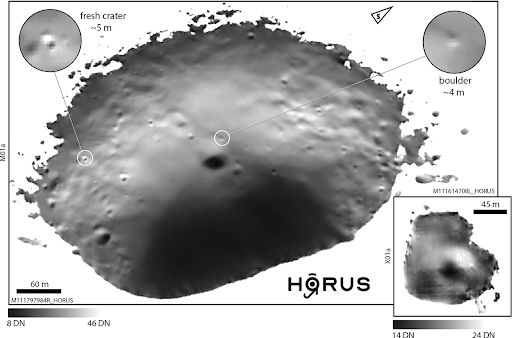How FDL.AI and LSA Are Helping Us Go Back to the Moon, For Good.
FDL + LSA research used AI to map the lunar surface for metallic anomalies for the first time.
The Luxembourg Space Agency (LSA) has been a significant partner to FDL.AI since 2017, building out a deep portfolio of new capabilities for lunar exploration using Artificial Intelligence (AI).
LSA has partnered with NASA SMD to support FDL applied AI and also provided outstanding researchers and faculty to take part in the annual program. These talented researchers have contributed significantly to the success of their respective projects, and in turn returned to Luxembourg with new skills and expertise gained from tackling AI4space challenges shoulder-to-shoulder with leading international experts.
Much of these challenges have centered around the lunar and disaster response ambitions of the world’s largest space agencies, NASA and ESA.
LSA investments, researchers, partners and advisors have had a significant impact on the results of the FDL.AI and FDL Europe programs with peer reviewed research outcomes in Nature, IEEE, The Planetary Science Journal, AGU and CVPR as well as NeurIPS.
Successes and highlights include:
Unsupervised Learning for Thermophysical Analysis on the Lunar Surface
Peering Into Lunar Permanently Shadowed Regions With Deep Learning
Thermophysical Change Detection on the Moon With the Lunar Reconnaissance Orbiter Diviner Sensor
Cryogeomorphic Characterization of Shadowed Regions in the Artemis Exploration Zone
ANUBIS: Super resolution of the lunar surface, with uncertainty maps
HORUS: Imagery from inside the Moon’s Permanently Shadowed Regions (PSRs) for the first time.
HORUS: revealing detail at the Lunar South Pole for the first time.
A detailed overview of the partnerships research outcomes between 2017 and 2021 can be read here:
“LSA is partnering again with FDL to foster the development of technologies that will allow us to better understand the Moon’s and our Solar System’s history. Addressing knowledge gaps is key to pave the way for future lunar missions such as Artemis for example,” said Dr. Marc Serres, CEO of LSA and Bob Lamboray, Senior Project Manager at LSA (2022).
We’re grateful for the continued support of the team at LSA and are looking forward to more exciting research in lunar exploration, space sustainability and protecting our Earth.
FDL Founder James Parr, talks Earth System Predictability at LSA’s ‘New Space Europe’ conference in 2023








